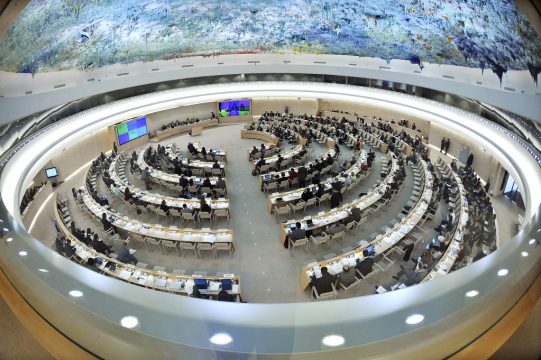A series of ground-breaking briefing notes were produced by the Human Dignity Trust in the second half of 2015. These notes aim to illustrate the link between the criminalisation of lesbian, gay, bisexual and transgender (LGBT) people and various aspects of good governance. They also offer information and guidance to governments, the international community, civil society and activists on how to bring about the decriminalisation of same-sex sexual activity across the globe. This research draws on our experience working with activists in criminalising countries and our expertise in international human rights law. They were produced in consultation with leading academics in each of the areas addressed.
This briefing note covers three points of connection between religion and the criminalisation of private, consensual, same-sex sexual activity. First, it explores the origins of laws that criminalise consensual same-sex intimacy. To say that these laws were based on religious doctrine is only partially true. In fact, ‘buggery’ laws were initially used by the state against the Church to wrestle power from the Pope in Rome. To the extent that these laws were based on religion, they were contemporaneous with laws that punish witchcraft, heresy and blasphemy, which have long since been repealed or fallen into obscurity.
The note then examines whether, as a matter of international human rights law, adherence to religious doctrine has any bearing on whether the state is permitted to criminalise homosexuality. The answer to this is clear: the right to freedom of religion must be respected, but this right can never justify criminalising homosexuality or inflicting harm on LGBT people.
The third part of this note then sets out statements from religious leaders confirming that the state has no business criminalising same-sex sexual activity, no matter the religious beliefs of those in power or the population at large.
Download the note



